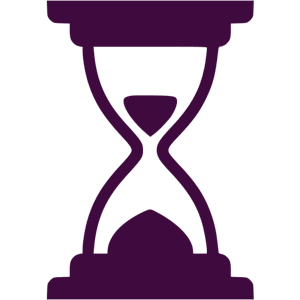History
 We believe history should stimulate pupils' interest and create an understanding about the life of people, significant and ordinary, who lived in the past. We aspire for pupils to develop a sense of identity and a cultural understanding based on the historical heritage of their city and its inhabitants. As such, our curriculum features local and diverse significant individuals and events. We teach pupils to understand historical consequence as the way in which events in the past have affected the developing world and influenced our lives today. We want our pupils become historians to investigate these past events using sources of evidence and develop the skills of enquiry, analysis and interpretation.
We believe history should stimulate pupils' interest and create an understanding about the life of people, significant and ordinary, who lived in the past. We aspire for pupils to develop a sense of identity and a cultural understanding based on the historical heritage of their city and its inhabitants. As such, our curriculum features local and diverse significant individuals and events. We teach pupils to understand historical consequence as the way in which events in the past have affected the developing world and influenced our lives today. We want our pupils become historians to investigate these past events using sources of evidence and develop the skills of enquiry, analysis and interpretation.
Historical understanding begins in EYFS where pupils learn about personal immediate chronology; their day, their week, their school year.
In Key Stage 1 and 2, pupils will gain factual substantive knowledge about periods in history as well as exploring key disciplinary themes: cause, consequence, change and continuity, similarity and difference, historical significance, sources and evidence and historical interpretations.
History is taught through the exploration of composite concepts e.g Why was the ancient Islamic Civilisation known as the Golden Age? Through acquiring carefully sequenced component knowledge pupils will be able to discuss and understand these larger composites.
Pupils’ historical knowledge begins expands from living memory to local, national and global history. Similarly themes develop in complexity from concrete and relatable artefacts such as grandparents and significant local individuals to national and global events and more complex concepts such as empire.
